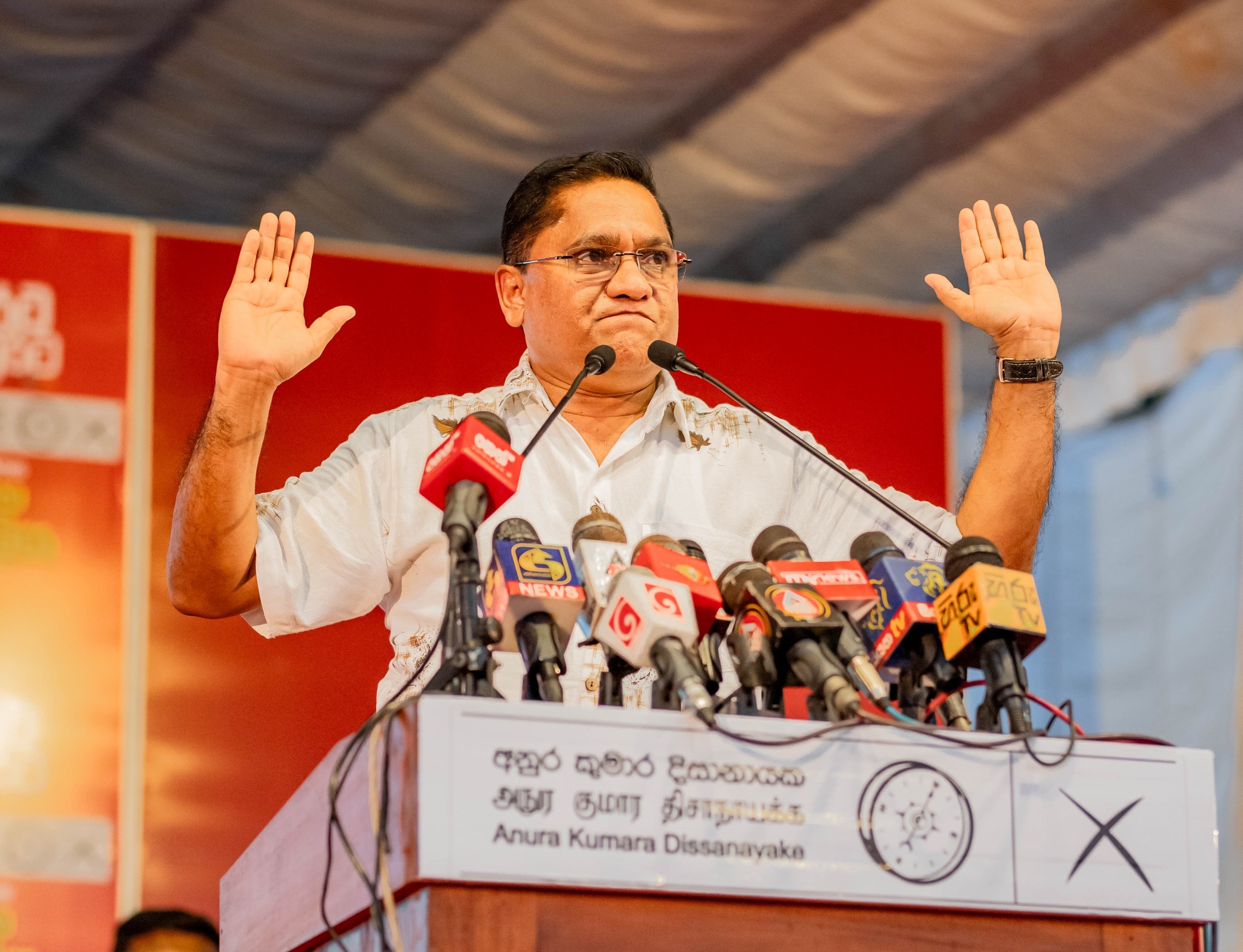
The Sri Lankan government has once again ruled out any international accountability mechanism for addressing war crimes, stating that it will rely solely on domestic institutions such as the judiciary and the police to pursue justice.
Speaking in Parliament, Foreign Minister Vijitha Herath claiming that the government’s commitment to fostering an independent judiciary and police force under the new administration would be sufficient to address longstanding accountability issues.
“The international community’s confidence is growing in our ability to address these issues in an independent manner. There is no longer interference either in the judiciary or in the Police,” Herath claimed.
His comments come just days after the Office of the High Commissioner for Human Rights (OHCHR) released an update on the Sri Lanka Accountability Project (OSLap), which continues to monitor Sri Lanka’s progress—or lack thereof—on justice and accountability for war crimes and other serious human rights abuses.
The OSLap update, released on Friday, noted that while Sri Lanka has consistently rejected UN Human Rights Council (UNHRC) mandates relating to accountability—including the external evidence-gathering mechanism—it urged the government to engage constructively with OSLap in its accountability-related efforts.
The OHCHR further called on other UN member states to support international justice efforts by sharing data and information on human rights violations in Sri Lanka, submitting requests for assistance in investigating and prosecuting alleged perpetrators, and promoting opportunities for justice in national, regional, and international courts.
The report also recommended that member states facilitate access to victims and witnesses, review asylum measures for Sri Lankan nationals facing persecution, and support programmes providing legal, medical, and psychological aid to survivors of state-perpetrated abuses.
However, the Sri Lankan government categorically rejected these recommendations, describing them as an “unprecedented and ad hoc expansion of the UNHRC’s mandate” that contradicts the Council’s founding principles of impartiality, objectivity, and non-selectivity.
Successive Sri Lankan governments have continuously resisted international mechanisms for accountability, instead pushing for domestic investigations—which have repeatedly failed to deliver justice.
For decades, Tamil families of the disappeared, survivors of massacres, and victims of enforced disappearances and sexual violence have sought justice through Sri Lanka’s domestic system, only to be met with delays, political interference, and outright denials. The lack of any meaningful domestic action has reinforced calls for international accountability mechanisms.
The OSLap report noted that it has been actively building profiles of individuals allegedly responsible for serious human rights violations and possible international crimes.
Read more from Sunday Times [here](https://www.sundaytimes.lk/250316/news/accountability-issues-can-be-handled-under-new-govt-no-international-mechanism-needed-vijitha-herath-592280.html).